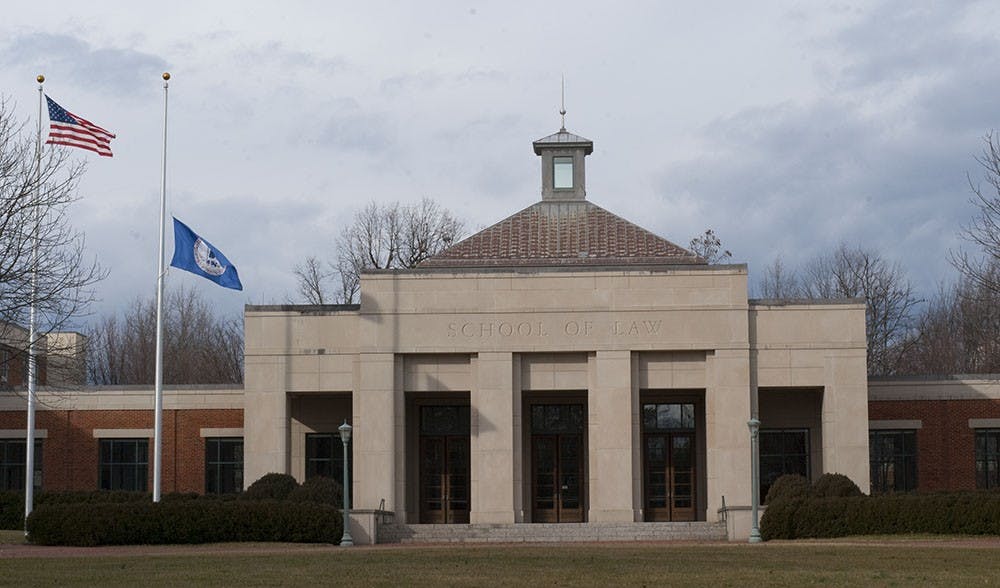University Law Assoc. Prof. Mila Versteeg and Adam Chilton, a University of Chicago Law professor, co-authored a research paper in December regarding the inefficacy of constitutional torture prohibitions.
The paper was part of an overall project that Versteeg and Chilton started in Fall 2013. The project focused on an investigation of the effectiveness of certain constitutional rights in protecting human rights.
The prohibition of torture specifically has been a popular topic for human rights activists, including the International Human Rights Group, which led to an increase in countries including torture prohibitions in their constitutions, Chilton said.
Many countries use similar language to prohibit torture, following the model of the U.S. Constitution which prohibits “cruel and unusual punishment,” as stated in the Eighth Amendment. The prohibition of torture is particularly relevant following the recent release of the U.S. Senate detailing the torture of detainees by the CIA following 9/11.
“Adam Chilton and I have a larger agenda, and we found that in some cases rights do make a difference but just not the prohibition of torture,” Versteeg said.
The research paper summarizes a systematic statistical study in which Versteeg and Chilton analyze the constitutions from 188 different countries to determine if there was a difference in torture use between countries who had constitutional torture prohibitions and countries who did not.
Chilton said the results showed countries with constitutional torture prohibitions did not engage in torture at a lower rate and may have higher rates of torture than countries without prohibitions.
“We know as a practicality, countries use torture, including democracies,” Versteeg said. “Democracies have better human right records, but not when it comes to prohibition of torture.”
While their results showed constitutional torture prohibitions to be ineffective at stopping torture, Versteeg and Chilton struggled to explain why based on the data.
“We do speculate about it — we think there was a lot of popular support for torture, especially during the aftermath of terrorist attacks,” Versteeg said. “This gives a legitimacy to governments that want to torture.”
Chilton said there may be reasons why governments generally do not uphold some constitutional rights.
“My guess is a few things are going on; one is that governments frequently don’t have the capacity to enforce rights included in their constitutions,” Chilton said. “A huge number of countries have the freedom of religion, speech, etc., and some countries simply don’t have the willpower, capacity or interest in protecting those rights.”
Chilton agreed popular support for torture could explain their results, citing a Washington Post survey which found that most people still supported the CIA’s use of torture with a margin of two to one.
Versteeg said torture reduction will not result from constitutional change since the prohibition of torture is absolute even in international law and not much more can be done legally.
“It’s a sort of paradox because [the prohibition of torture] is one of the most strongly protected rights on paper, but also one of the most most widely violated rights,” she said. “Oversight is important, and people should feel more accountability in the CIA.”
Versteeg and Chilton’s research shows that while rights of expression and movement do not improve a person’s free speech, group rights are effective because a group is more powerful than an individual.
“The part of constitutions that are most effective are protections for group rights,” Chilton said. “If the goal is to reduce torture, we should focus on institutions and make sure group rights are protected.”







